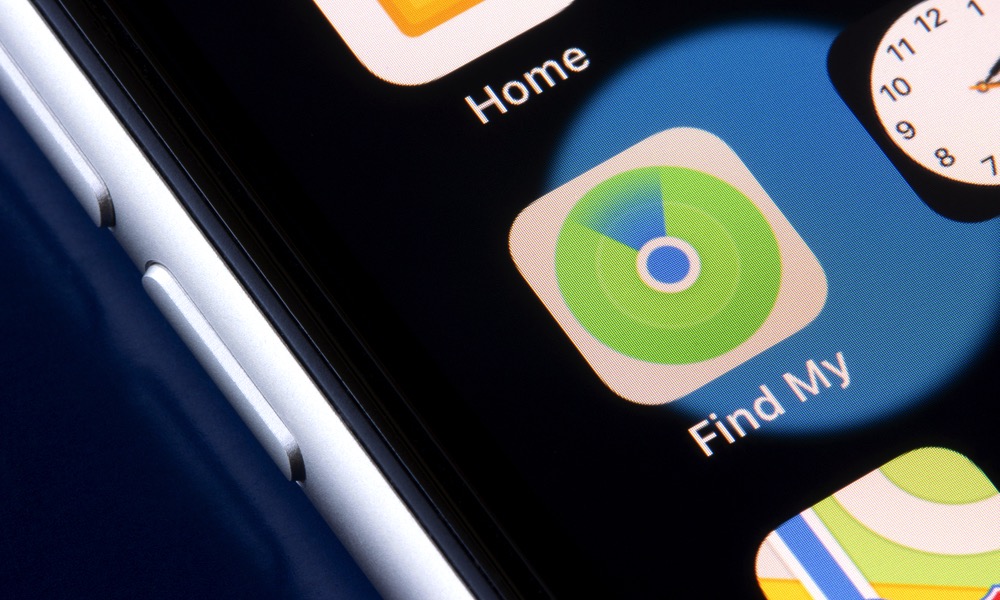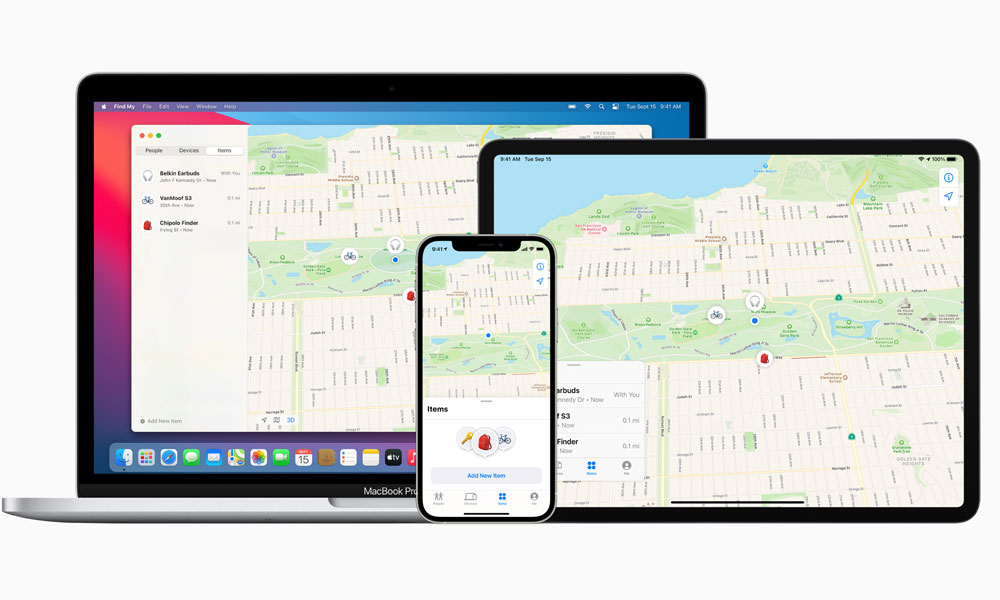Epic Games CEO Bashes Apple’s Find My Feature
 Credit: Tada Images / Shutterstock
Credit: Tada Images / Shutterstock
Toggle Dark Mode
Tim Sweeny, CEO of Epic Games, recently went on X (Twitter) and slammed Apple’s Find My feature as “super creepy surveillance tech that shouldn’t exist.” Does he have a point or is this critique part of the broader conflict between Epic Games and Apple over its App Store policies?
The Tweet came in response to an article posted by 9to5Mac about the availability of Find My in every country except Korea. Sweeny followed his critique, stating: “Years ago, a kid stole a Mac laptop out of my car. Years later, I was checking out Find My and it showed a map with the house where the kid who stole my Mac lived. WTF Apple? How is that okay?!”
We’re pretty surprised by these comments. Isn’t that exactly how Find My is designed to work? If Sweeny used the Find My app earlier, perhaps he could have easily recovered his Mac with the help of local police.
We recently wrote about how Find My was the brainchild of an Apple intern. Today, the feature has evolved to include tracking via the Find My app or iCloud, to the ability to locate the device for 24 hours if it’s turned off or in Airplane Mode. Find My also now includes a Lost Mode where users can display a “lost” message on the iPhone’s Lock Screen and allow anyone with the lost iPhone to call a requested number to help reunite it with its owner.
Sweeny doubled down on his initial remarks by again Tweeting, “…you can’t track the location of a device that’s in someone’s possession without tracking that person, and people have a right to privacy…this right applies …even to thieves…I think that due process of law is the responsible way to handle these situations.”
A lot of people are saying this here. While technically true, it misses the point: you can't track the location of a device that's in someone's possession without tracking that person, and people have a right to privacy. This right applies to second hand device buyers and even to…— Tim Sweeney (@TimSweeneyEpic) July 30, 2024
We should clarify that Find My shows a specific location, not an exact address. It’s similar to how GPS tracking on a stolen vehicle might work, and, in the case of Sweeny’s stolen Mac, the police would have likely needed a search warrant to recover the laptop. That’s the due process.
While we’re not lawyers and aren’t giving legal advice, if Find My leads you to an unknown home or location, call the police before taking matters into your own hands. There are countless stories of Find My working exactly how it was designed. Just remember, your safety is the top priority, finding your lost Apple device is second, and the police can help. As for Sweeny’s comments, we don’t understand the beef.








